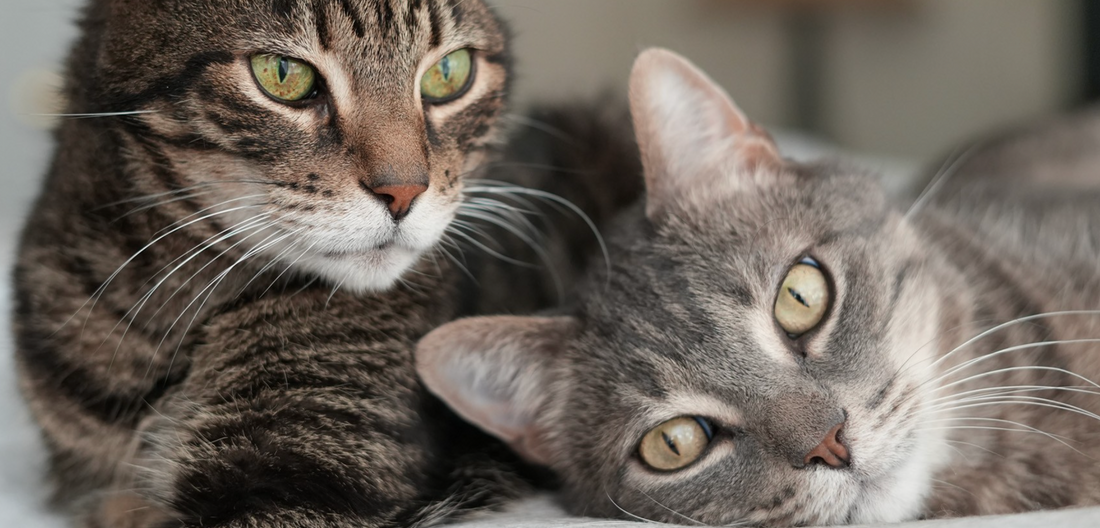
The Importance of Weight Management For Cats
Obesity in our pets is a significant issue, but you’d be forgiven for thinking it mostly affects chubby Labradors and wheezy Pugs.
In fact, according to a 2018 survey from the Association for Pet Obesity Prevention in the US, 25.7% of cats are overweight and a whopping 33.8% are obese. This is almost double the rate of obesity in dogs (who sit at a still worrying 18.9%).
While we don’t have current data for Australian cats, unfortunately based on historical trends it is likely that feline obesity rates in Australia are very comparable. Equally as concerning, it’s thought that as many as 90% of pet owners (including veterinarians!) believe their pet is a healthy weight.
It can be particularly challenging to maintain a heathy weight in our cats because they are naturally more sedentary creatures than dogs, and their stature doesn’t always reveal the true state of their physique.
But it’s a serious problem and even just one kilo of additional weight increases the risk of a myriad of health problems, including digestive issues, kidney disease and urinary infections, cancer, skin conditions, arthritis and chronic inflammation, diabetes, heart disease, liver disease, pancreatic inflammation, an increased risk of complications during surgery (which is more likely necessary) and, sadly, a shorter life expectancy.

If we compare this list with the top ten reasons cats saw a veterinarian in 2018 (in the USA), a pattern clearly emerges. 31.8% saw a vet for stomach issues, 12.5% for a urinary tract infection, 8.4% for cancer, 8.1% for a heart conditions, 7.2% for skin conditions, 7.1% for eye conditions, 6.8% for pain, 6.5% for kidney problems, 6.5% for diabetes and 5.2% for ear infections.
Things to consider
There are some physical characteristics to be mindful of when embarking on a healthy eating and exercise journey with your cat.
The first is age. While young cats will often be able to self-regulate their food intake without becoming overweight – and in fact this is often encouraged for kittens – much like their human counterparts, many animals will experience a natural slowdown of their metabolism as they age.
This means either their portions or the energy density of their food will need to be permanently reduced if they begin to gain weight in their twilight years. Managing a healthy weight is more important than ever in older animals, as they are naturally more prone to the development of disease and issues like joint inflammation, which are exacerbated by carrying unwanted weight.
Animals will also often gain weight more easily after they have been desexed. This is because their metabolism slows as their hormonal balance changes. It won’t always be the case, but if you find your cat is suddenly heavier after having this important surgery, you most likely need to permanently reduce their portions a little bit.
Seasonality can also impact your pet’s metabolism – often in winter animals need to eat more to maintain their healthy weight, whereas in warmer periods they tend to need less.
Whether your cat is indoor or outdoor will exacerbate this due to exposure to the elements. Outdoor cats also tend to be much more active and busier than indoor cats, so it’s likely indoor cats need more strict portion control measures in place to account for this difference in activity.
- FAQ's on raw feeding
- FAQ's on Healthy Active Pet
- What is in commercial pet food
- Why good nutrition is important
Check out our 4 week cat challenge that will put your cat on the right track

